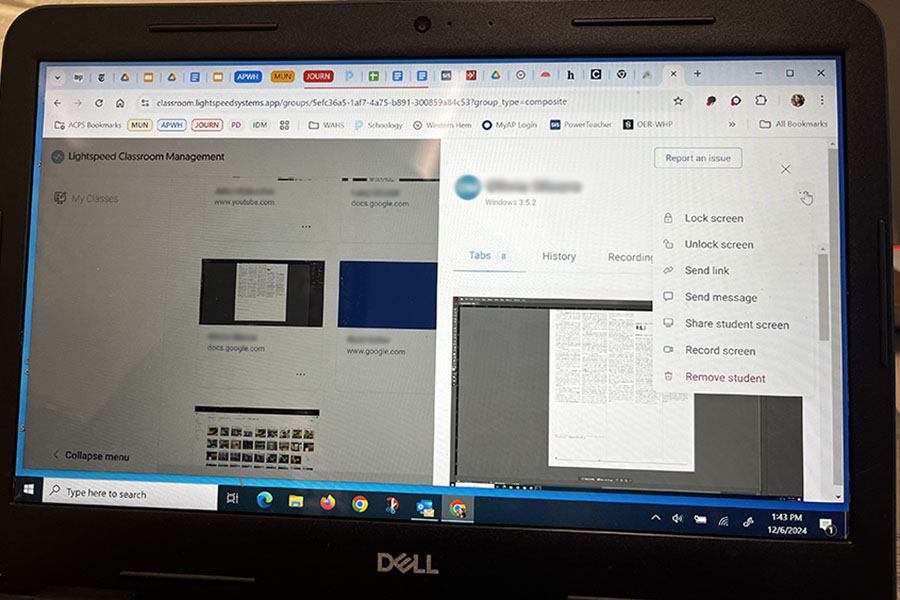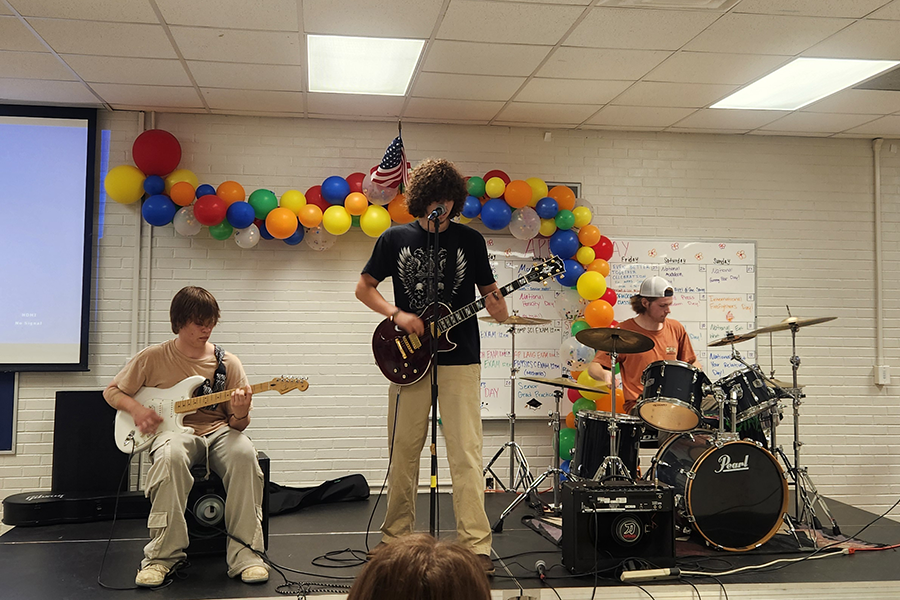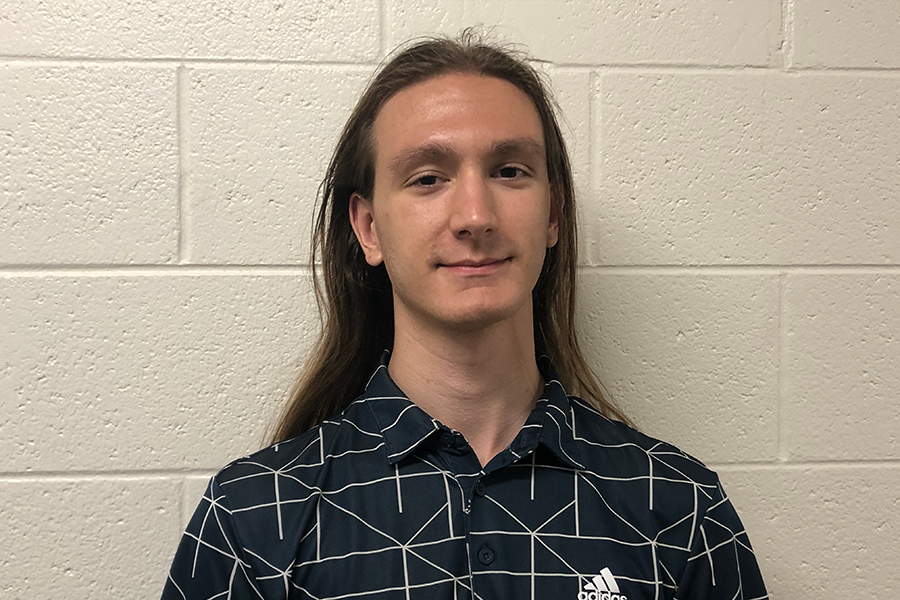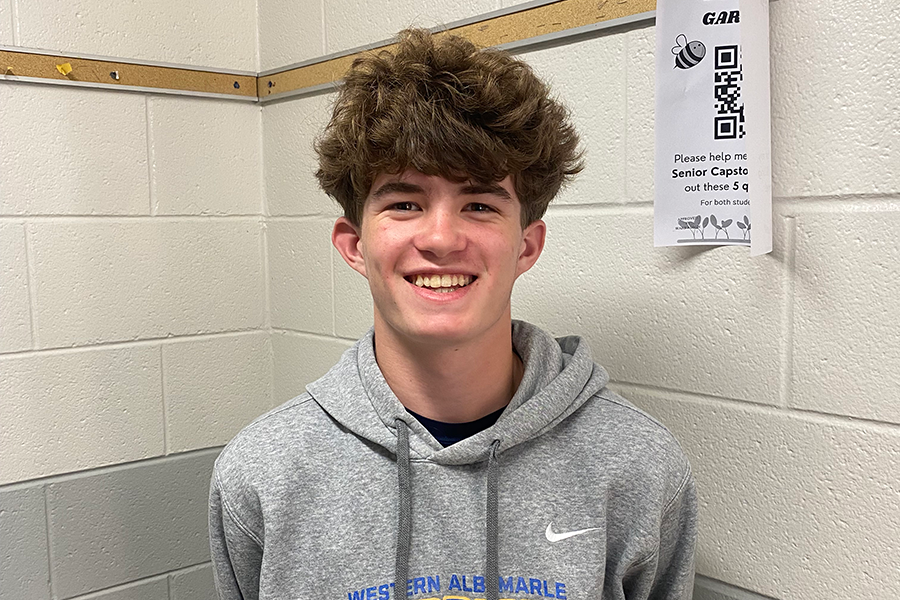Lightspeed Classroom, the new extension to ACPS computers, gives monitoring services to the hands of teachers. This addition, which attempts to minimize distractions during class and fight cheating and plagiarism, was added at the start of the 2024-25 school year.
Bryan Pahl, the Albemarle County Learning Technology Integrator, said that it was added due to “a combination of feedback from teachers and families that as a district, we weren’t doing enough to limit distractions. Mostly, it was never like we needed to monitor better. I think it was that parents and teachers saw other schools in the area using similar things, and they wondered why we didn’t have it.”
However, Lightspeed has actually been used on county computers for years, as it is a company that ensures educational safety for students. The new update, providing the disputed computer monitoring, is simply a feature of Lightspeed.
“There’s two parts to Lightspeed. Lightspeed is just the company that runs our web filters. So those are the things that we’ve always had that kind of go on in the background that have lists of blocked sites that are inappropriate for people under 18 and things like that. And then the new part is Lightspeed classroom, which is what you have for teachers that can monitor [students],” Pahl said.
Educators are appreciative of the additional control over computers, as the features easily minimize distractions.
“I like the ability to just monitor to make sure students are on what they’re supposed to be on. And I like the ability to create a block list that way, so if I see students frequently visiting a site, like this snake game I’m currently seeing, then I can have it removed from my classroom,” social studies teacher Clay Grimes said.
The internet offers many distractions, especially for high school students. These distractions can often disrupt learning time, and make teaching difficult.
History teacher Kristen Dennard agreed, “there is a big issue with distraction. We have fantasy football. We have the big little snake game. YouTube is a big problem, just in general. It’s easy to get distracted on the internet.”
Even further, the internet not only offers distractions, it also gives students easy access to AI. This easy accessibility of AI, while still new to many, has caused many students to plagiarize their work and cheat on tests.
Lightspeed Classroom offers supervision in this regard as well. “If we’re doing an assignment in class, and if I block Chat GPT, I can also monitor and make sure that there’s not another AI application that’s being used. I think [Lightspeed] is a bit better for AI tracking when we do writing in class,” Dennard said.
Though Lightspeed offers many solutions for student learning, it has also caused many students to question their privacy.
“It makes me feel violated because it doesn’t give [students] the opportunity to be independent and to show that they can do their own work, because teachers are automatically assuming the worst of them, and it’s an invasion of my privacy,” said junior Eva Zimmer.
Lightspeed gives teachers the ability to watch what their students have open in any tab and to look into their browser history.
“There’s certain things, like [monitoring] browser history, that absolutely does not need to be a function I should have,” said Grimes. To give teachers the ability to view everything students have ever looked at on their computers has made many uncomfortable and has created the debate of whether Lightspeed is intrusive.
Many may see the enforcement of Lightspeed in classrooms as a war between teachers and students, a battle between learning and Little Big Snake. However, the installment truly highlights the struggle between preserving student privacy and ensuring a fulfilling education.










